Greek Mythology: Uncover the Epic War of the Titans
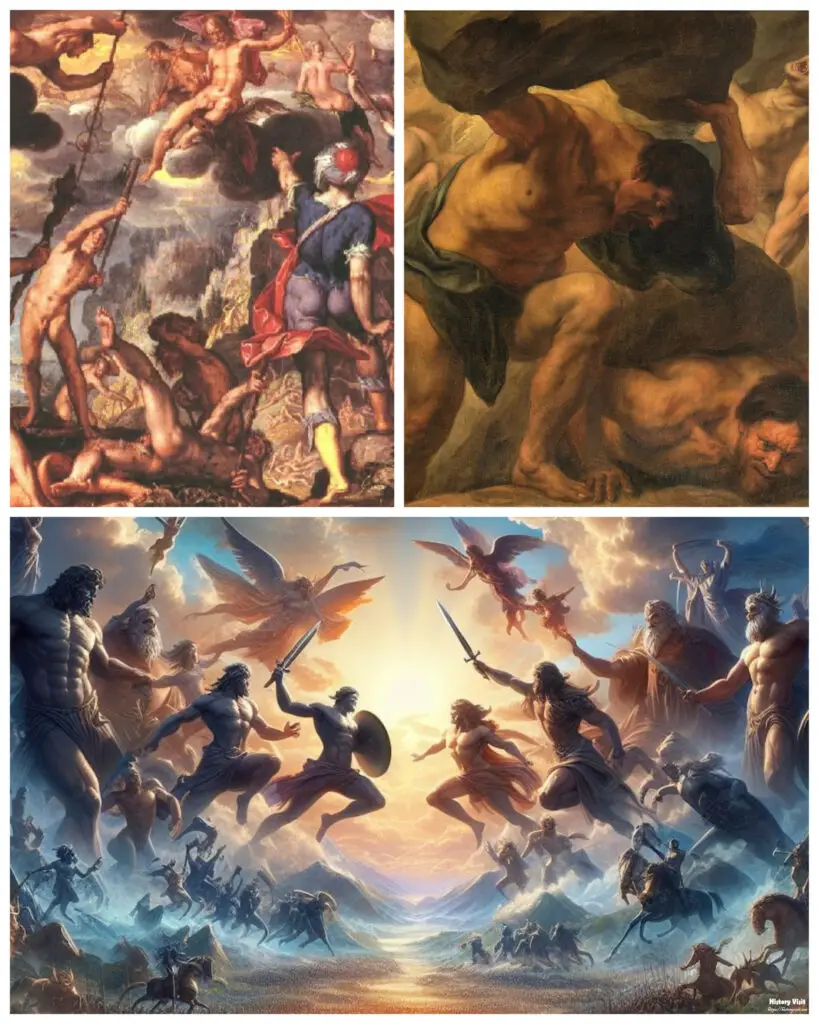
Introduction
Greek mythology is rich with tales of gods, heroes, and epic battles. Among these, the Titanomachy stands out. This was the great war between the Titans and the Olympian gods. The conflict shaped the cosmos and established the reign of the Olympian deities.
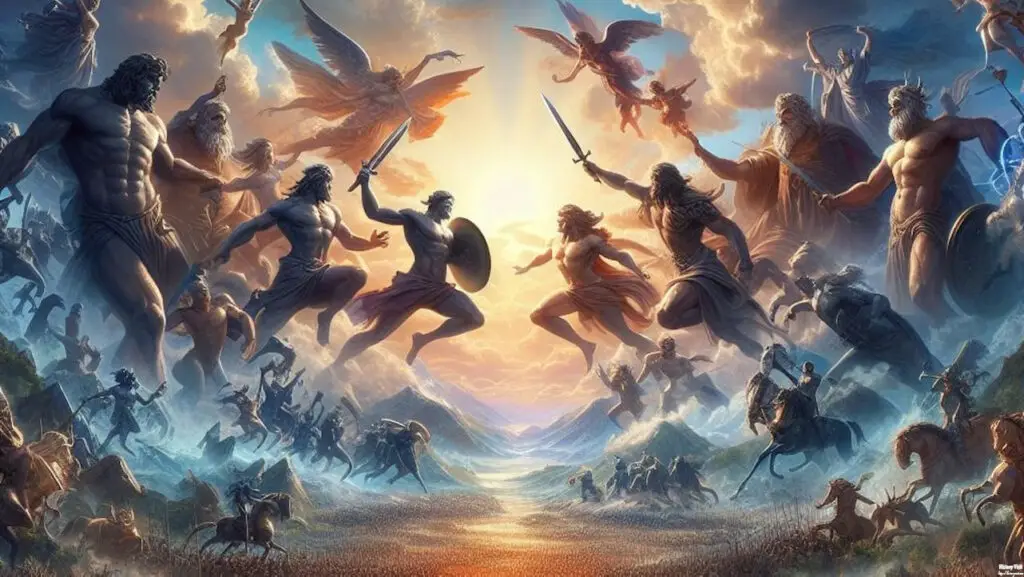
The Titans were the primordial deities. They ruled during the Golden Age. The Olympian gods, led by Zeus, challenged their authority. This clash of titanic proportions is a cornerstone of Greek mythology.
Understanding the Titanomachy offers insights into the origins of Greek mythology. It reveals the power struggles and cosmic order. The story encapsulates themes of rebellion, power, and divine justice. It remains a pivotal narrative in the pantheon of Greek myths.
The Titans: Primordial Deities
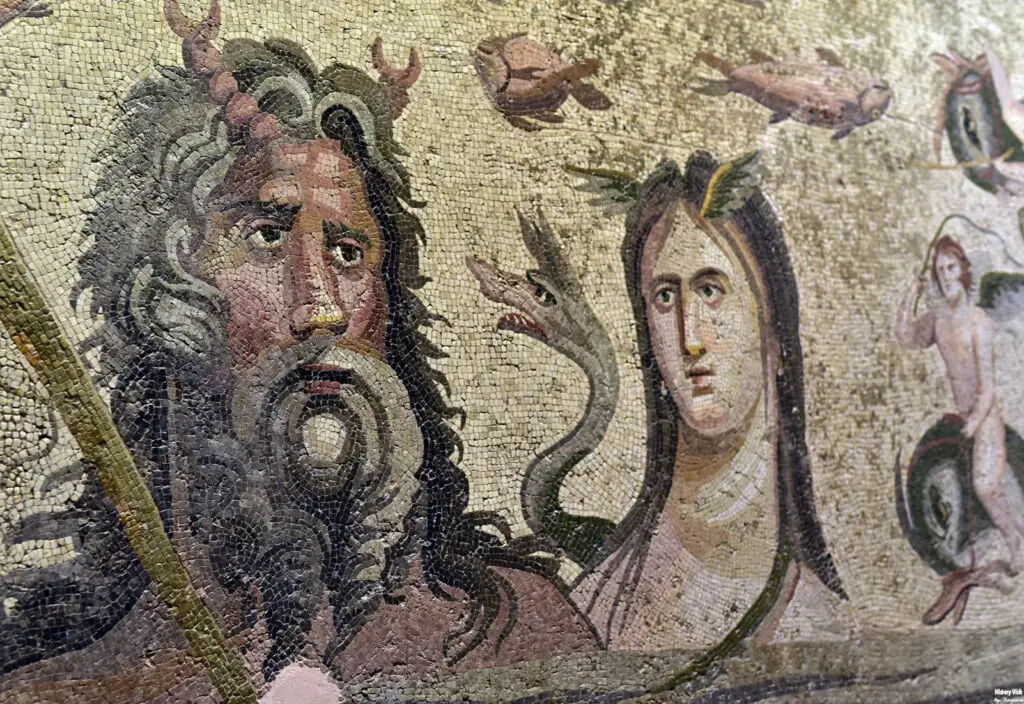
In Greek mythology, the Titans were the children of Uranus (Sky) and Gaia (Earth). There were twelve Titans. Some of the notable ones include Cronus, Rhea, Oceanus, and Hyperion. They were immense beings with incredible power.
The Titans ruled the cosmos before the Olympian gods. Cronus, the youngest, became the leader. He overthrew his father Uranus. This act of rebellion set a precedent for the Olympian revolt. The reign of the Titans was marked by prosperity but also tyranny.
Cronus feared being overthrown by his own children. He swallowed each one at birth. This act of paranoia and cruelty defined his rule. Only Zeus escaped this fate, hidden by his mother, Rhea. This escape was crucial for the future conflict.
The Titans’ rule represented the primal forces of nature. They were less humanized than the Olympian gods. Their story set the stage for the more complex, anthropomorphic deities. This transition is a significant theme in Greek mythology.
The Olympian Rebellion
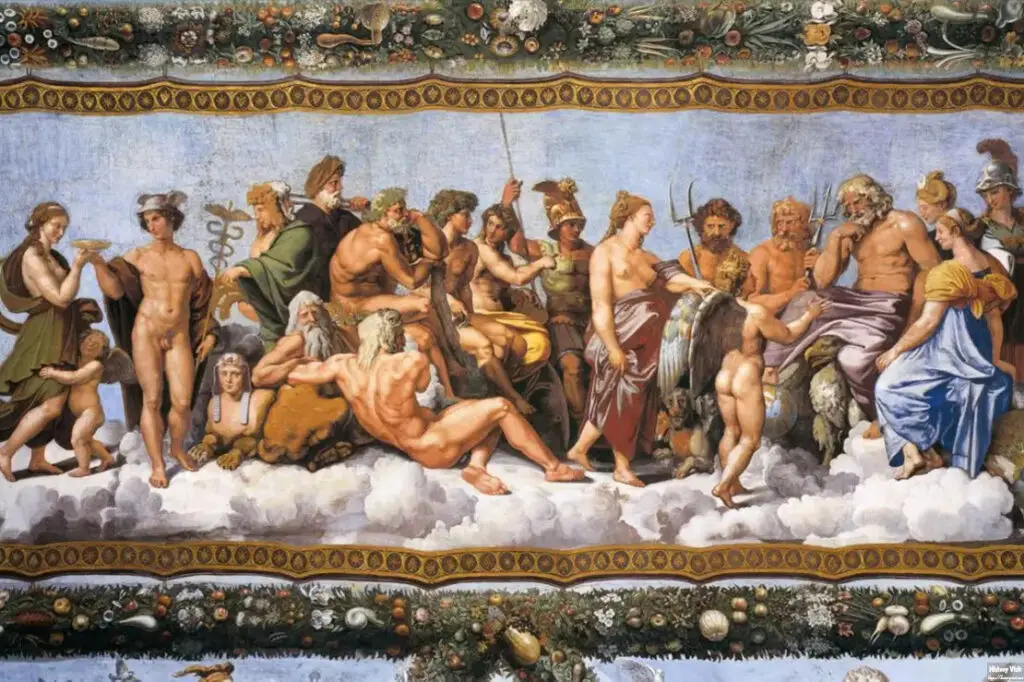
The Olympian gods were the children of Cronus and Rhea. Zeus, the youngest, was destined to overthrow his father. Raised in secret, Zeus grew powerful. He returned to challenge Cronus and free his siblings.
Zeus tricked Cronus into regurgitating his siblings. They were Hestia, Hera, Demeter, Poseidon, and Hades. United, they formed the core of the Olympian gods. This act of liberation marked the beginning of the Titanomachy.
The Olympians sought allies in their fight against the Titans. They freed the Cyclopes and the Hecatoncheires from Tartarus. These beings were powerful and grateful. The Cyclopes forged Zeus’s thunderbolts. The Hecatoncheires, with their hundred hands, were formidable in battle.
The rebellion was not just a fight for power. It was a struggle for a new cosmic order. The Olympians represented a more structured and humanized form of divinity. Their victory would herald a new age in Greek mythology.
The Greek mythology Battle of the Titans
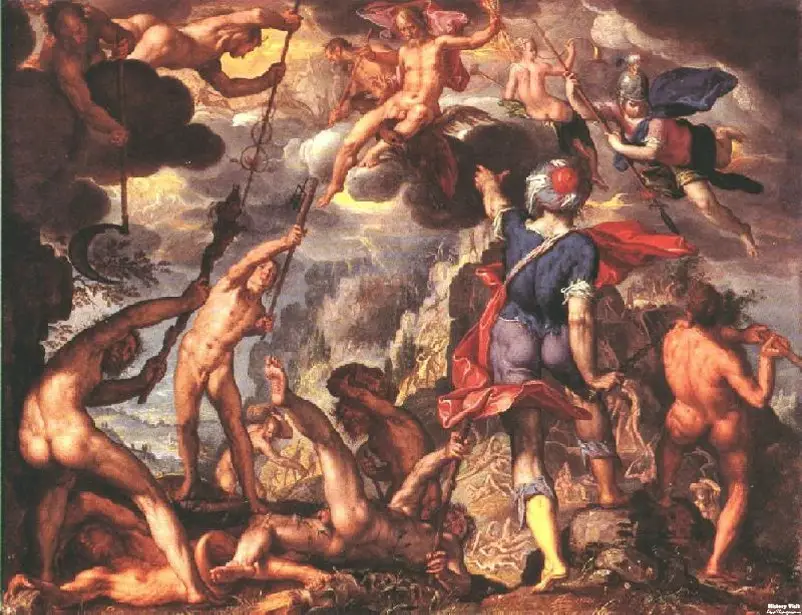
The Titanomachy was a brutal and prolonged conflict. It lasted ten years, according to Greek mythology. The battles raged across the heavens and the earth. The Titans, led by Cronus, fought fiercely to retain their rule.
The Olympians had the advantage of strategy and powerful allies. Zeus wielded his thunderbolts with devastating effect. Poseidon used his trident to create earthquakes. Hades wore his helm of darkness to move unseen.
The Hecatoncheires hurled massive rocks, overwhelming the Titans. The Cyclopes provided invaluable support with their craftsmanship. The Titans, despite their strength, were gradually overpowered. The battle scenes were chaotic and epic, full of divine fury.
The decisive moment came when Zeus unleashed his full power. He struck down Cronus with a mighty thunderbolt. The Titans were defeated and cast into Tartarus. This victory marked the end of their reign and the rise of the Olympian gods.
The Aftermath of Titanomachy
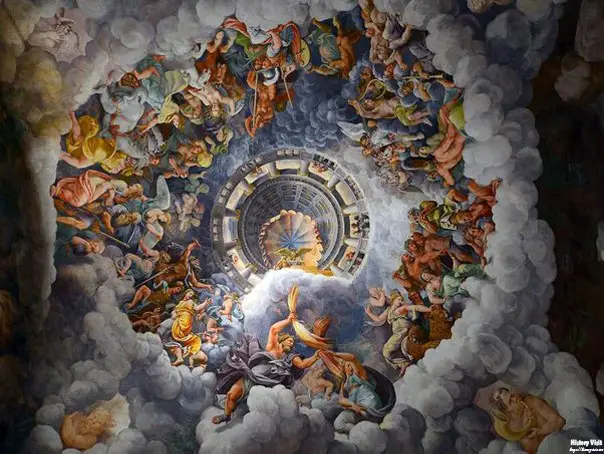
The defeat of the Titans reshaped the cosmos. The Olympians established their rule from Mount Olympus. They created a new order based on justice and balance. The Titans were imprisoned in Tartarus, guarded by the Hecatoncheires.
Zeus became the king of the gods. He divided the realms among his brothers. Poseidon ruled the seas. Hades governed the underworld. This division of power reflected a structured and hierarchical order. It contrasted with the chaotic rule of the Titans.
The Olympian rule brought stability but also new conflicts. The gods interacted with humans more directly. They influenced events on earth, intertwining mortal and divine fates. This era produced many of the myths and legends central to Greek mythology.
The Titanomachy also had symbolic significance. It represented the triumph of order over chaos. The victory of the younger gods over the older ones symbolized progress and renewal. This theme is recurrent in Greek mythology and other mythological traditions.
The Legacy of the Greek mythology Titanomachy
The Titanomachy left a lasting legacy in Greek mythology. It set the stage for the myths and stories of the Olympian gods. The themes of rebellion, power, and justice resonated through subsequent tales. The war between Titans and Olympians remains a foundational myth.
This myth influenced ancient Greek culture and art. It was depicted in sculptures, paintings, and literature. The epic battles and divine figures captured the imagination. The Titanomachy also inspired philosophical and moral reflections.
The story of the Titanomachy has parallels in other mythologies. Many cultures have tales of younger gods overthrowing older deities. This reflects universal themes of change and renewal. The Titanomachy is a powerful narrative that transcends its cultural origins.
Modern interpretations of Greek mythology continue to draw on the Titanomachy. It is a source of inspiration for literature, film, and art. The enduring appeal of this myth lies in its dramatic and timeless themes. The Titanomachy remains a testament to the richness of Greek mythology.
Conclusion of the Greek Mythology
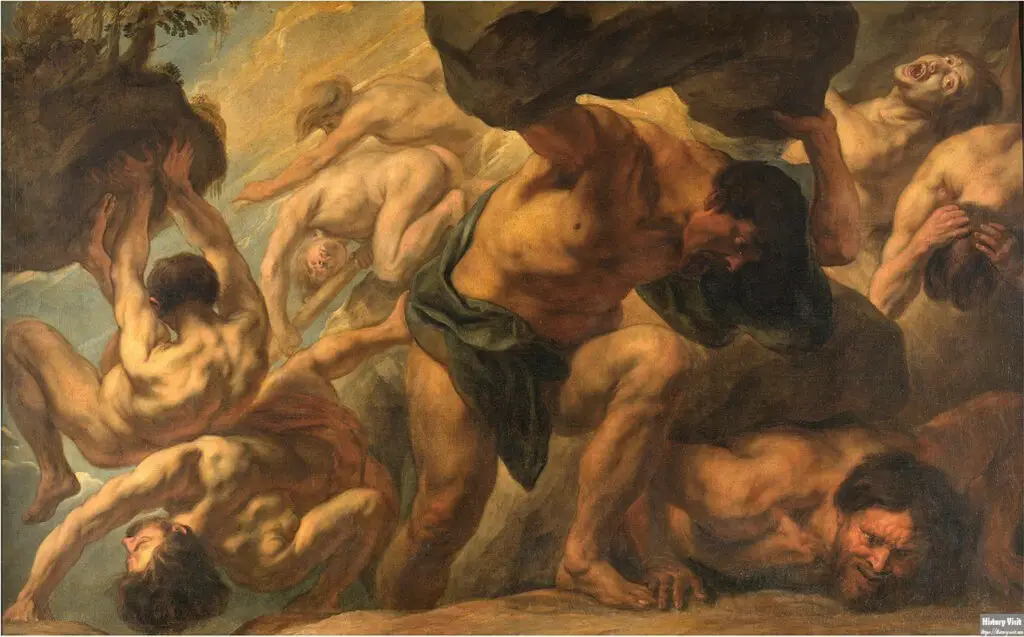
The Titanomachy is a cornerstone of Greek mythology. It tells the epic story of the war between Titans and Olympians. This conflict shaped the cosmic order and defined the roles of the gods.
The Titans, as primordial deities, ruled with immense power. Their downfall came through the rebellion of the Olympians. Led by Zeus, the younger gods sought to establish a new order. The battle between these divine beings was fierce and transformative.
The victory of the Olympians marked a new era in Greek mythology. It introduced themes of justice, balance, and humanization of the gods. The Titanomachy remains a symbol of the triumph of order over chaos. It is a foundational myth that continues to inspire and captivate.
Understanding the Titanomachy offers deep insights into Greek mythology. It reveals the complexities of divine power and cosmic order. The story of this great war is timeless. It is a testament to the enduring legacy of Greek mythology.


